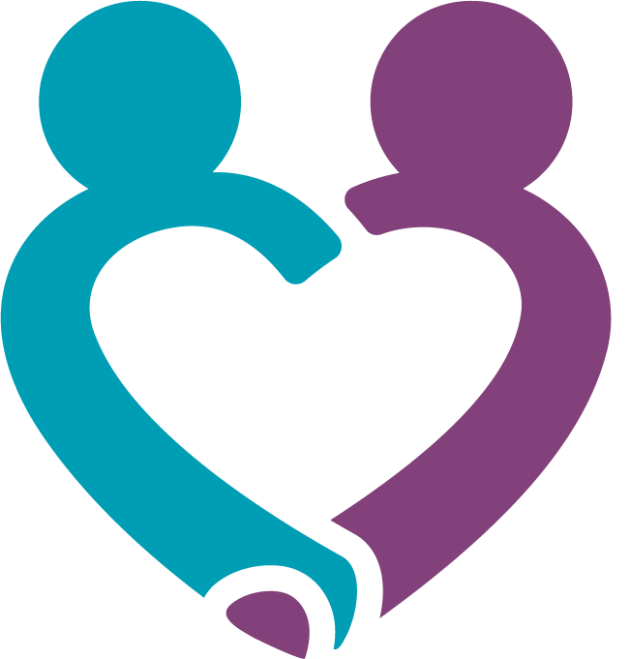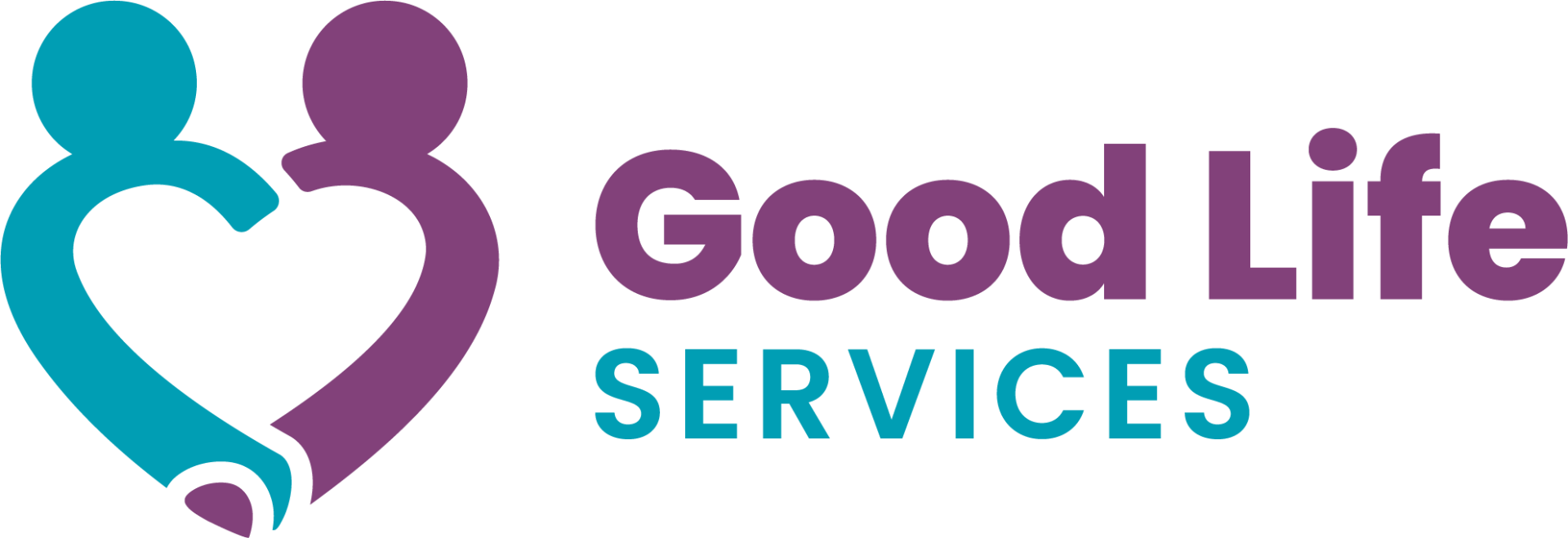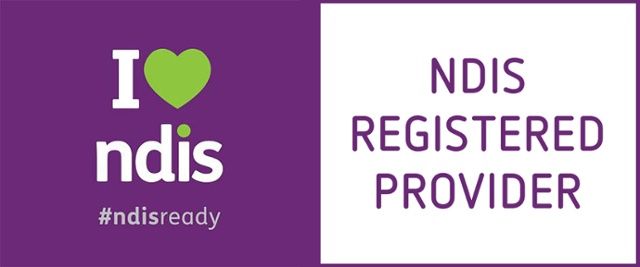Autism Spectrum Disorder
Autism Spectrum Disorder

Understanding Autism: Symptoms, Causes, and Treatment
Autism, also known as Autism Spectrum Disorder (ASD), is a developmental disorder that affects social interaction, communication, and behavior. It is a complex disorder that affects individuals in different ways, and it is estimated that around 1 in 54 children in the United States are diagnosed with autism.
Symptoms of Autism
Autism is a spectrum disorder, which means that symptoms can range from mild to severe. Some common symptoms of autism include:
- Difficulty with social interaction: Children with autism may struggle to make eye contact, understand social cues, and develop relationships with others.
- Communication difficulties: Individuals with autism may have delayed speech development or struggle with nonverbal communication, such as facial expressions or body language.
- Repetitive behaviors: Many individuals with autism have repetitive behaviors, such as hand-flapping or rocking back and forth.
- Sensory sensitivities: Children with autism may be oversensitive or undersensitive to sensory stimuli, such as loud noises, bright lights, or certain textures.
Causes of Autism
The exact causes of autism are not fully understood, but research suggests that a combination of genetic and environmental factors may play a role. Some factors that may increase the risk of developing autism include:
- Genetics: There is evidence to suggest that genetic factors may be involved in the development of autism. Studies have found that autism tends to run in families.
- Environmental factors: Certain environmental factors, such as exposure to toxins during pregnancy, may increase the risk of developing autism.
- Brain development: Research has shown that abnormalities in brain development may contribute to the development of autism.
Treatment for Autism
There is currently no cure for autism, but early intervention and treatment can help to improve outcomes for individuals with autism. Some common treatments for autism include:
- Behavioral therapy: This type of therapy focuses on improving social and communication skills, as well as reducing repetitive behaviors.
- Speech therapy: Children with autism may benefit from speech therapy to improve their language and communication skills.
- Occupational therapy: Occupational therapy can help individuals with autism improve their motor skills and learn how to perform everyday tasks.
- Medication: There are no medications that can cure autism, but some medications may help to manage symptoms, such as anxiety or depression.
In conclusion, autism is a complex disorder that affects individuals in different ways. While there is no cure for autism, early intervention and treatment can help to improve outcomes for individuals with autism. By understanding the symptoms, causes, and treatment options for autism, we can work towards improving the lives of individuals with this disorder.







